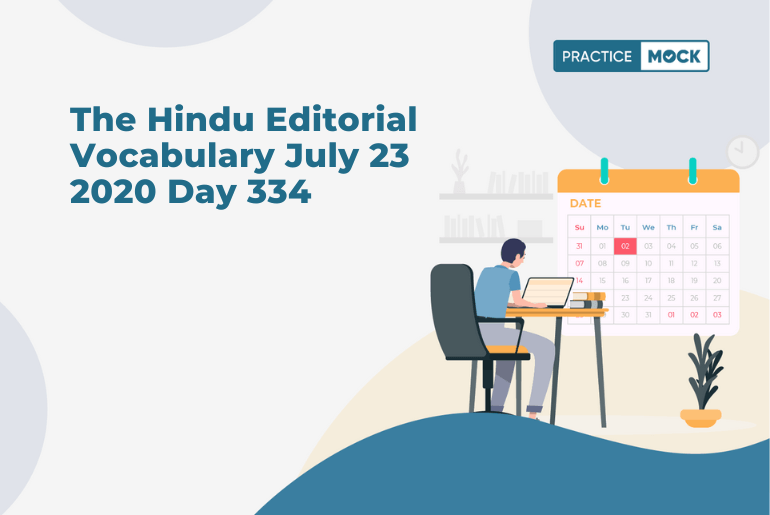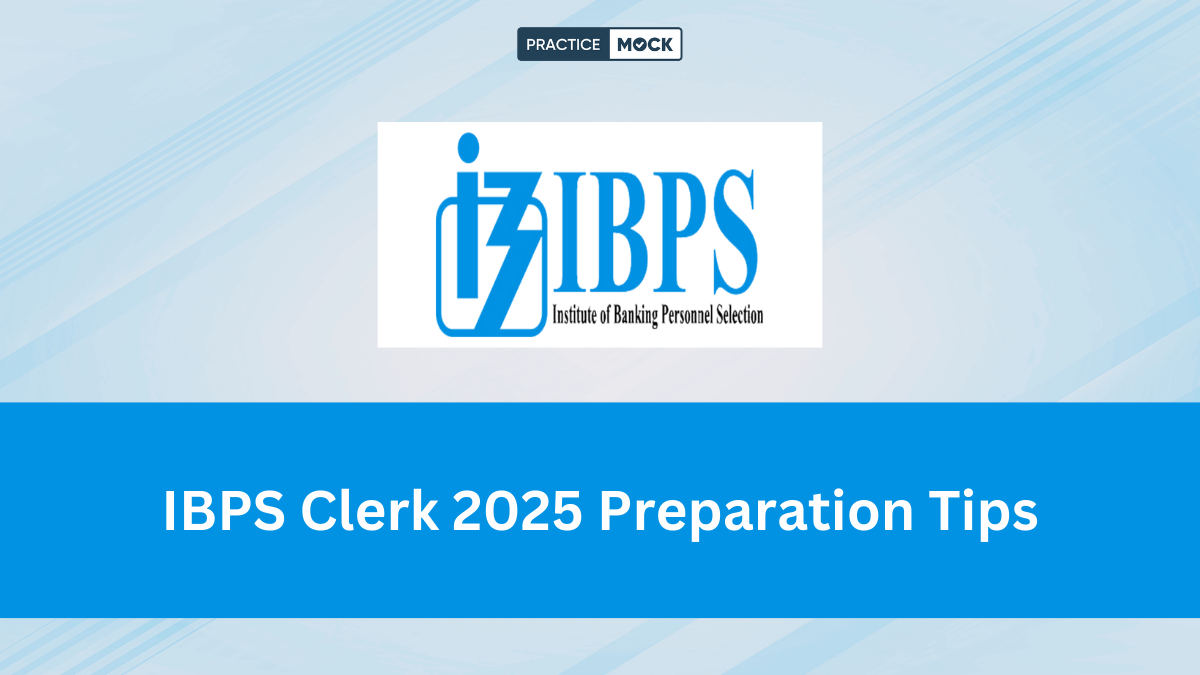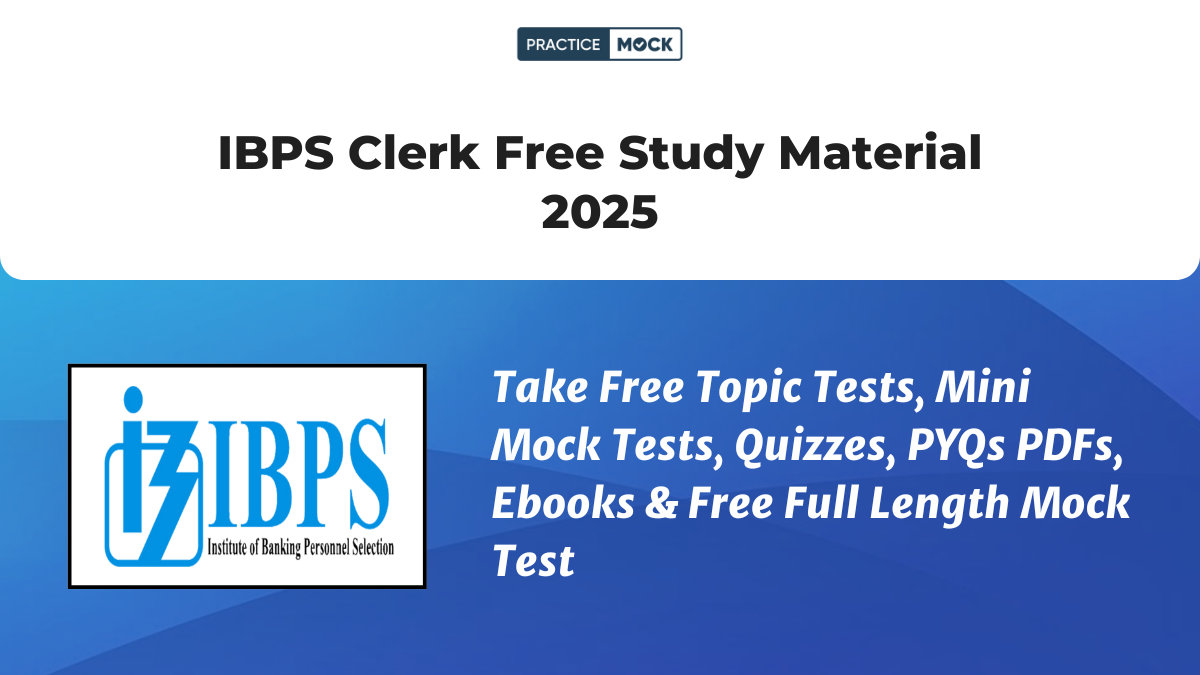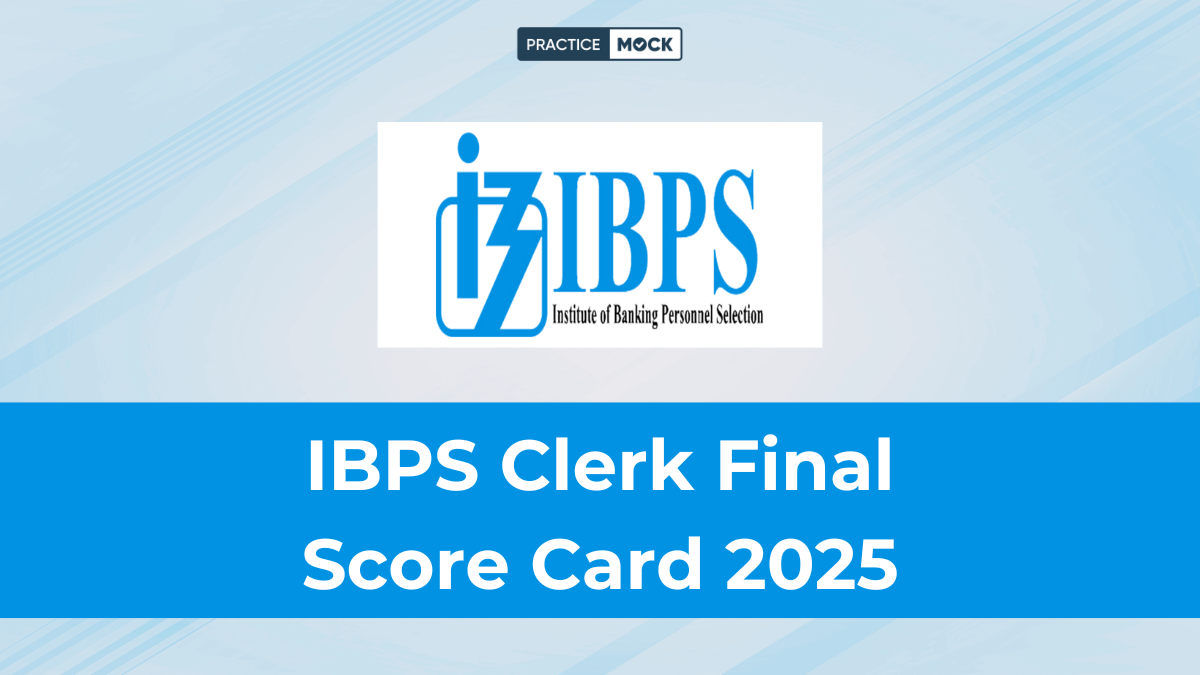The Hindu Editorial Vocabulary July 23 2020 Day 334


The Hindu Editorial Vocabulary July 23 2020 Day 334: A strong vocabulary is a valuable asset, aiding in effective communication and comprehension. The Hindu Editorial, known for its rich and diverse language, provides an excellent resource for expanding one’s vocabulary. In this article, we explore key words and phrases from The Hindu Editorial on July 23, 2020, to enhance your language skills.
1. Benevolence – (Noun)
The term “benevolence” was prominently featured in the editorial, denoting a disposition to do good and an inclination towards kindness. Developing a sense of benevolence towards others fosters goodwill and cooperation in society.
2. Solemn – (Adjective)
The word “solemn” signifies a serious and earnest demeanor. It emphasizes the importance of conducting oneself with gravity and thoughtfulness, especially in critical situations.
3. Resonate – (Verb)
“Resonate” implies evoking a response or reaction. In the context of the editorial, it suggests that an idea or statement has a profound and lasting impact, leaving a mark on people’s minds.
4. Austere – (Adjective)
“Austere” characterizes something that is severe or strict, often used to describe a simple and unadorned lifestyle. The term encourages simplicity and frugality.
5. Resilience – (Noun)
“Resilience” is the capacity to recover from adversity or adapt positively to challenges. It underscores the importance of building inner strength and the ability to bounce back from setbacks.
6. Intrinsic – (Adjective)
The word “intrinsic” pertains to qualities or characteristics that are inherent and essential to a person or thing. It emphasizes the core and indispensable nature of specific attributes.
7. Innovative – (Adjective)
“Innovative” denotes the ability to introduce fresh, creative, and inventive solutions or ideas. The term promotes embracing originality and inventive thinking.
8. Dilemma – (Noun)
A “dilemma” signifies a situation in which a difficult choice must be made between two or more equally undesirable options. It highlights the challenges associated with decision-making.
9. Eradicate – (Verb)
To “eradicate” is to completely remove or destroy something, typically a problem, disease, or issue. It underscores the importance of eliminating root causes for lasting solutions.
10. Inherent – (Adjective)
The term “inherent” is used to describe a characteristic or quality that is an essential and integral part of someone or something. It emphasizes that certain traits are an inseparable part of the whole.
Conclusion
Expanding your vocabulary is a gradual process, and The Hindu Editorial offers an excellent platform to enrich your language skills. These words and phrases from the July 23, 2020 editorial provide you with the tools to communicate more effectively, write with clarity, and understand complex texts. Keep practicing and incorporating these words into your daily conversations and writing to further strengthen your vocabulary.
Recent Posts
How to Prepare IBPS RRB Clerk 2025 Exam At Home?
Here we are providing some strategy to prepare IBSP RRB Clerk exam at home, check…
Box Based Puzzles for RRB PO 2025, Check How to Solve in 5 Minutes?
In this article, we are providing the Box-Based Puzzles for RRB PO 2025, Candidates can…
Reasoning for SSC CGL Best Preparation Strategy, Download Free PYQs
In this blog, we have provided the questions and topic-wise tests of reasoning for SSC…
Smartest RBI Grade B Exam Preparation Strategy for Phase 1 & 2
Master your RBI Grade B 2025 preparation with the smartest study schedule for Phase 1…
IBPS Clerk Cut Off 2025, Check Previous Year Cutoff Marks
IBPS Clerk Mains Cut Off 2025 will be released on their official website. Candidates can…
RBI Grade B Course 2025, Check Best Online Coaching
Choose the best online courses for RBI Grade B 2025. Improve your preparation with expert…



